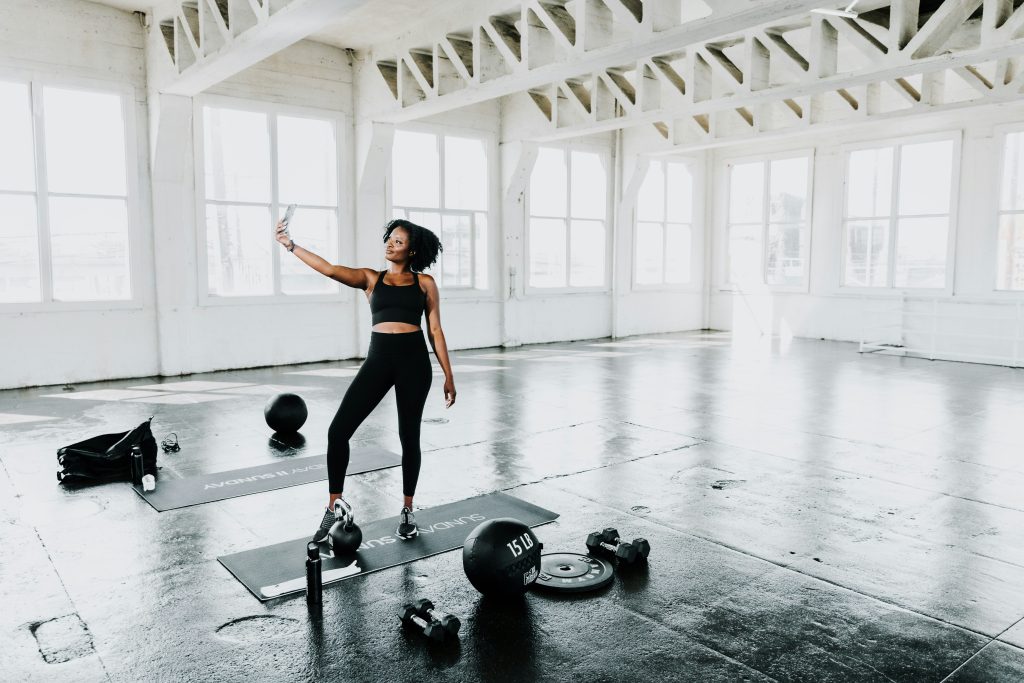A couple of weeks ago, the Ghana Food and Drug Administration (FDA) won a Supreme Court judgment barring celebrities from endorsing and promoting alcoholic drinks.
The FDA claims that celebrity endorsement of alcohol could have a ripple effect where it could lead to an increase in alcohol consumption by the youth. The court acknowledged the substantial influence celebrities have on young people and the potential for endorsements to encourage underage drinking.
The verdict supports existing regulations by the FDA which prohibit alcohol advertising involving individuals with significant influence, such as celebrities.
But is the verdict supported by data? And does the FDA need to focus more on influencers and social media when it comes to the promotion of alcoholic drinks which may promote underage drinking?
Celebrity Endorsements
Celebrity endorsements have long been a staple in the marketing world. From athletes promoting sports drinks to actors fronting luxury brands, the belief has been that the star power of celebrities can translate into increased sales and brand loyalty.
But does the data support that celebrity influence leads to an increase in brand recognition and consumption?
The Data Speaks: Long-Term Impact
In 2017, a systematic review by Buchanan et al. in the “Journal of Studies on Alcohol and Drugs” examined the impact of alcohol marketing on youth alcohol consumption.
While not exclusively about celebrity endorsements, the review included studies that touched on this aspect and found evidence suggesting that exposure to alcohol marketing, including celebrity-endorsed ads, was associated with increased youth alcohol consumption.
Another study conducted in the UK determined that alcohol advertising, including promotions featuring celebrities, affected the initiation and continuation of alcohol use in adolescents and young adults. The study found that such marketing strategies are linked to earlier initiation of drinking and increased frequency of alcohol use.
The Rise of Influencers and Micro-Influencers
In contrast to traditional celebrity endorsements, influencer marketing—particularly through micro-influencers—has shown more promising results. Micro-influencers, who typically have smaller but highly engaged audiences, are perceived as more relatable and authentic. Their endorsements often feel more genuine and can lead to higher levels of consumer trust and engagement.

A study by Experticity found that micro-influencers have 22.2 times more weekly conversations than the average consumer about recommendations on what to buy.
Brands that collaborate with micro-influencers often see better ROI due to the higher engagement rates and the more personal connection these influencers have with their followers.
With the recent verdict by Ghana’s Supreme Court, brands and companies are more likely to switch to endorsing influencers and social media to promote their alcoholic brands.
Marketers may find greater success by focusing on genuine connections through influencers and building a strong brand reputation based on quality and reliability.
Catch up on news and other tidbits on our WhatsApp Community Page, Twitter/X, and subscribe to our weekly newsletter to ensure you don’t miss out on any news.









